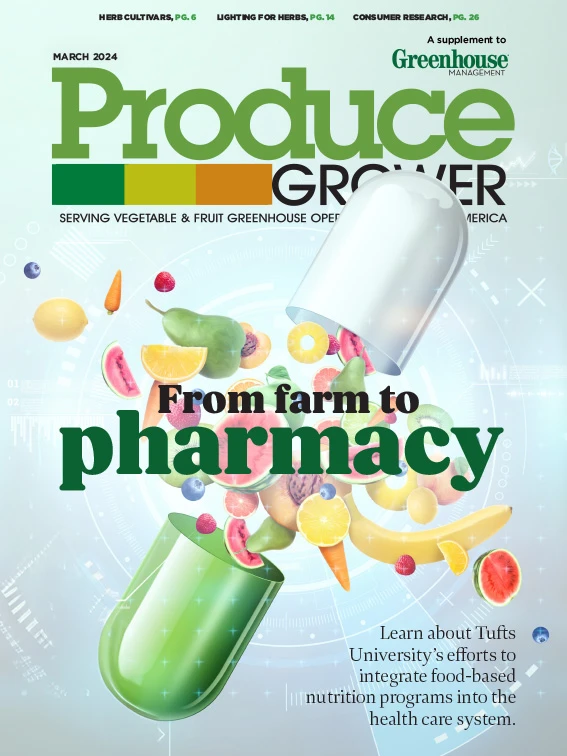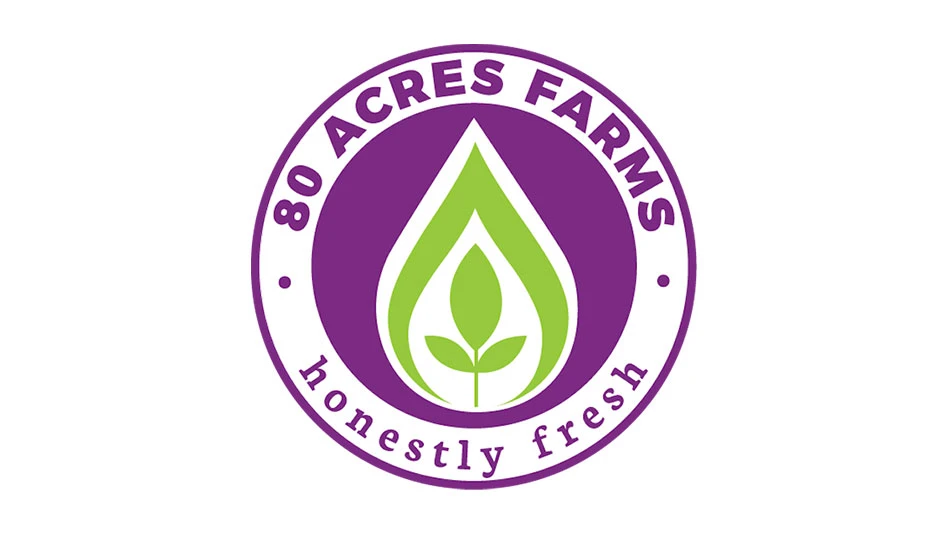

A newly launched, first-of-its-kind institute aims to address a glaring gap in the medical system by working to integrate food-based nutrition interventions into health care to treat disease and advance health equity.
The Food is Medicine Institute at the Friedman School of Nutrition Science and Policy at Tufts University establishes a university-wide initiative aimed at transforming health care through scalable food-based interventions such as: medically tailored meals and prescriptions for produce; nutrition education for doctors; and clinical care, electronic health record and reimbursement pathways for nutrition-based tools to help treat or prevent diet-related illnesses such as heart disease, diabetes, and certain cancers and complications during pregnancy. The Institute will advance Food is Medicine research, patient care and community and policy engagement nationwide and beyond, and be a leader in educating the next generation of professionals in the Food is Medicine space.
Food Is Medicine (FIM) interventions reflect the critical link between nutrition and health, integrated into health care delivery. These include programs that provide nutritionally relevant food, free of charge or at a discount, to support disease management, disease prevention or optimal health, linked to the health care system as part of a patient’s treatment plan.
Inadequate diet is responsible for more deaths worldwide than any other risk factor, including smoking tobacco, according to the institute. In the U.S., inadequate diet is the number one driver of poor health, leading to more than half a million deaths a year and costing more than $1.1 trillion in health costs and lost productivity. And poor nutrition disproportionately affects people with lower-incomes, rural communities and historically marginalized racial and ethnic groups.
Research has shown that food and nutrition interventions incorporated into a patient’s treatment plan could lead to improved health outcomes and lower health care costs.
In addition to bringing together faculty and students from the Friedman School and Tufts University School of Medicine, the institute will engage with private and public sectors.


“One of the pillars of this cross-school institute is developing synergies with other innovators with national and international reach to broaden its impact,” says Caroline Genco, Tufts University provost and senior vice president.
“The institute is an important next step in advancing the Friedman School and Tufts’ commitment to research, training and bringing evidence-based food and nutrition programs to our health care system,” adds Christina Economos, dean of the Friedman School.
Among the organizations the institute has convened are Kaiser Permanente, John Hancock and Google, each of which is engaged in Food is Medicine efforts to prevent and treat health disorders and reduce health disparities.
The institute is collaborating with Kaiser Permanente on the design, implementation and assessment of three clinical trials: a produce prescription intervention for patients with diabetes in southern California; a research clinical trial of patients with diabetes who are receiving “fresh funds” every month to buy healthy foods online; and a trial to be conducted in Georgia involving high-risk pregnancies.
The institute will be working with Google to explore how technology, including artificial intelligence, can help provide high-quality nutrition information.
“It’s exciting to see that Food is Medicine interventions can have an immediate impact on health and well-being. We don’t have to wait years to see a benefit,” says FIMI Director Dariush Mozaffarian.

Mozaffarian also emphasized that Food is Medicine is one of the rare advances in health care that can also help address health disparities.
“As a heart doctor, it’s great to see innovation and equity finally coming together,” he says.
The institute, through support from The Rockefeller Foundation, recently released “The True Cost of Food: Food is Medicine Case Study.” According to research data presented in the report, national implementation of Medically Tailored Meals (MTMs) in Medicare, Medicaid and private insurance for patients with both a diet-related condition and limited ability to perform activities of daily living could avert approximately 1.6 million hospitalizations and result in an estimated net savings of $13.6 billion in health care costs in the first year alone, after accounting for implementation costs.
“Today’s report further demonstrates how FIM interventions like medically tailored meals and produce prescriptions, combined with nutrition education for doctors and insurance coverage of nutrition counseling provided by a registered dietitian, could make a real difference in the 10,000 weekly U.S. deaths and $1.1 trillion in annual healthcare spending and lost productivity due to poor diets,” Mozaffarian says.
The report comes in the wake of the 2022 National Strategy on Hunger, Nutrition and Health, which centered on the need to harness the potential of FIM. The report discusses several potential national policy solutions, organized broadly around developing infrastructure, generating opportunities and funding and strengthening United States Department of Agriculture nutrition programs.
“The true costs of our food system — the environmental impact of how food is produced, the working conditions of the people who grow our food, and the impacts on our health, health care spending, and health equity are too often left off the price tag,” says Devon Klatell, vice president, Food Initiative at The Rockefeller Foundation. “This report can assist governments, companies and consumers in better evaluating the value of Food is Medicine interventions by considering not just the price paid for food, but the return on investment in improved health outcomes they can deliver. We look forward to working with all sectors to further advance our collective knowledge and understanding of the potential of Food is Medicine interventions.”
A major and long-standing barrier to improving nutrition security and access to FIM interventions is the lack of health care provider education about nutrition, according to the institute. Nutrition education is generally limited during health care providers’ training. For example, the typical medical student receives less than 20 hours over four years of medical school, much of it in basic science classes during the first year. Other barriers to nutrition security and FIM interventions include inconsistent coverage and payment, as well as inadequate coordination between the health care system and community-based organizations that provide food.

Explore the March 2024 Issue
Check out more from this issue and find your next story to read.
Latest from Produce Grower
- The Growth Industry Episode 3: Across the Pond with Neville Stein
- University of Evansville launches 'We Grow Aces!' to tackle food insecurity with anu, eko Solutions
- Lawsuit challenges new H-2 visa rules
- Q&A: Sandra Eskin Leads Food Safety Advocacy Organization, STOP, as CEO
- Find out what's in FMI's Power of Produce 2025 report
- Martin A. Makary Sworn in as FDA Commissioner
- PG CEA HERB Part 2: Analyzing basil nutrient disorders
- LettUs Grow, KG Systems partner on Advanced Aeroponics technology







